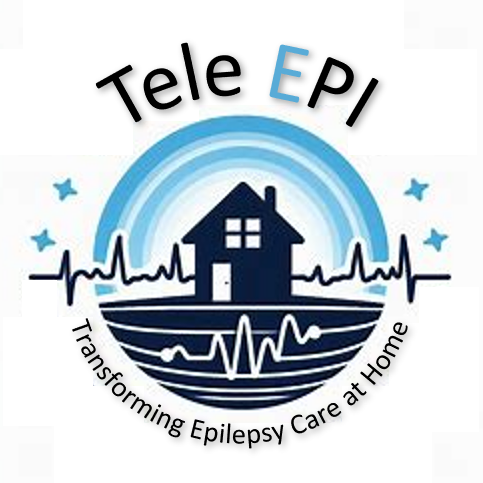About us
In this project, we will implement and test a new integrated solution for the comprehensive care of epilepsy patients, which is easily-accessible, more economically efficient, and increases quality of life for patients.
We will employ a telemedical platform to shift most elements of the care pathway to an outpatient service, while integrating the relevant inpatient services (e.g., MRI). With our new TeleEPI system, hospitals will act as central hubs for epilepsy care management, by coordinating telemedicine services and remote monitoring of the patients.
Project facts
Project Facts
Project name: Integrated care pathway for people with epilepsy based on an unobtrusive AI-powered telemedical system
Funding period: 2024 – 2027 (36 months)
Funding provider: Österreichische Forschungsförderungsgesellschaft mbH
Project Coordination
AIT Austrian Institute of Technology GmbH
Giefinggasse 4, 1210 Vienna
www.ait.ac.at
Principal investigator: Günter Schreier
günter.schreier@ait.ac.at
Consortium
AIT Austrian Institute of Technology GmbH, PI Günter Schreier
telbiomed Medizintechik und IT Service GmbH, PI Valentina Dapunt
Byteflies NV, PI Benjamin Vandendriessche
Karl Landsteiner Institute for clinical epilepsy research and cognitive neurology, PI Christoph Baumgartner
Department of Clinical Neurosciences, Centre Hospitalier Universitaire Vaudois, PI Philippe Ryvlin
Stichting Epilepsie Instellingen Nederland, PI Dorien van Blooijs
News
TeleEpi Consortium Meeting in Zwolle
On May 27th and 28th, the TeleEpi consortium met for an in-person meeting at SEIN (Stichting Epilepsie Instellingen Nederland) in Zwolle (NL).
During the two-day meeting, partners from SEIN, AIT, Byteflies, CHUV, Karl Landsteiner Institute and telbiomed presented updates on their respective developments. The agenda covered demonstration of wearables, telehealth platform, backend infrastructure and a digital seizure diary. A tour at the SEIN clinic completed the program.
The meeting provided a valuable opportunity to strengthen collaboration and align on the next phases of the project aimed at improving epilepsy care through digital innovation.

Our goal is to implement and test an innovative digital solution by achieving the following research objectives:
FEASIBILITY & USABILITY
Assess the practicality and user friendliness of the digital solution for continuous and unobtrusive monitoring of epilepsy in a home-setting.
Gather feedback from patients, caregivers, and healthcare professionals to identify means to enhance the user experience
QUALITY OF REMOTELY RECORDED EEG DATA
Evaluate quality of EEG data collected through the digital solution. Compare EEG signals recorded in outpatient versus traditional inpatient routine, to determine the accuracy and consistency in capturing seizure events and other relevant information.
IMPACT ON TREATMENT & DECISION-MAKING
Explore how the availability of objective, real-time EEG data obtained through the digital solution influences treatment decisions.
Analyse the extent to which remote continuous monitoring improves the accuracy of diagnosis, medication adjustments, and the overall management of epilepsy.
PATIENT OUTCOMES & QUALITY
Assess the impact of implementing the digital solution on patient outcomes, including seizure control, medication adherence, and overall quality of life.
Compare these outcomes with patients who receive traditional inpatient care to identify potential benefits.
